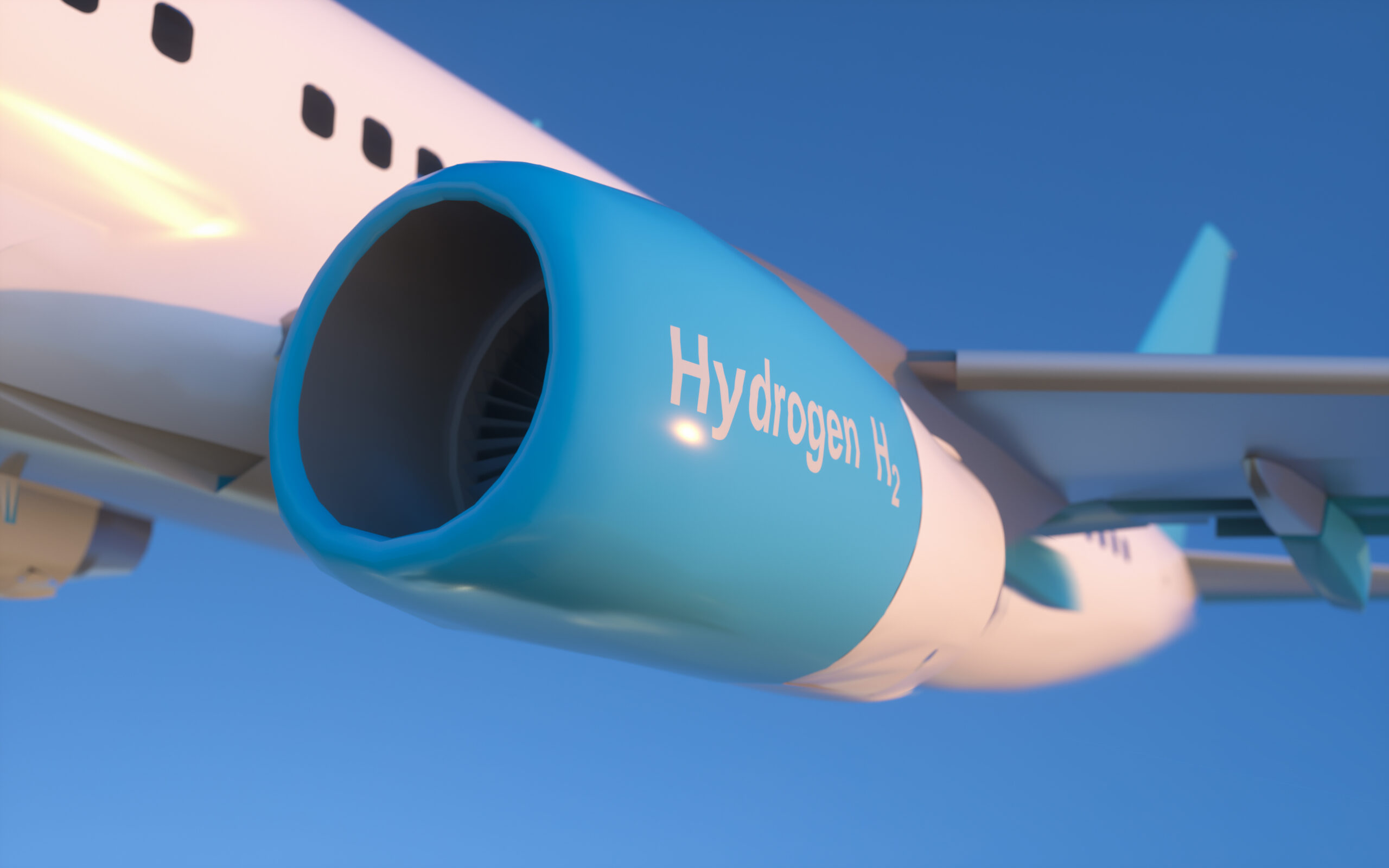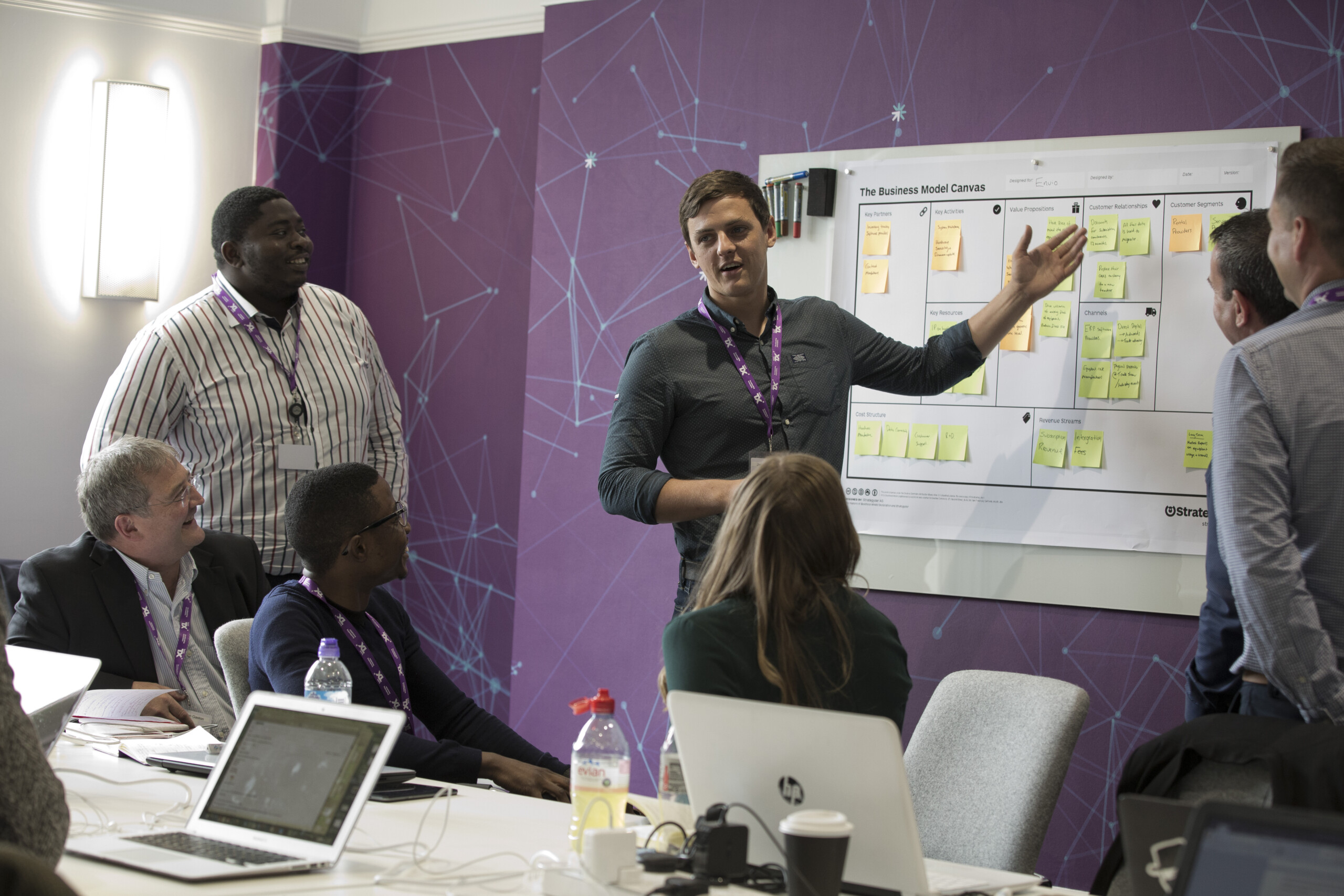NEWS & INSIGHTS | article
Start-ups pioneering green hydrogen production

For decades technology has been the driving force behind solving the world’s most pressing challenges. As we navigate an era marked by rapid technological evolution driven my tackling climate change, the potential of innovation continues to redefine our approach to addressing longstanding problems.
According to the International Energy Agency (IEA), 35% of the global emission reductions needed to reach net zero targets will need to come from emerging and future technologies, making it crucial to accelerate clean, affordable and resilient energy.
Significant strides must be made to further develop and commercialise new clean energy technologies, with hydrogen being a major player. Hydrogen’s versatility offers solutions for sustainable power generation, long-distance transportation and energy storage. Though widespread adoption of hydrogen is not without its challenges; technological advancements are required to enhance efficiency, reduce production costs and optimise processes.
Addressing these challenges will require investment in companies dedicated to leading the charge. In the past year, hydrogen start-ups in the US alone received a staggering $1.4 billion in venture capital investment. Early-stage ventures possess a distinct edge over larger companies or the public sector with their intense focus on establishing product-market fit. With streamlined decision-making processes and leaner operations, they tend to bring innovations to market faster.
Their agility, tenacity and willingness to take risks, combined with forward-thinking business models, positions start-ups as promising contenders to unlock the ingenuity needed in the hydrogen field.
Start-ups leading the charge
Through the Net Zero Technology Centre’s (NZTC) TechX Clean Energy Accelerator programme we have accelerated a number of start-ups focusing on hydrogen. From an ultra-efficient hydrogen electrolyser that removes the need for compressor systems, to cryogenic superconducting hydrogen motors to decarbonise aviation, each year we’re seeing more companies that can shift the dial in the hydrogen sphere.
A start-up shaping the future landscape from our 2024 TechX cohort is HyWaves, a Cranfield-based company developing a power management control system to increase hydrogen production from solar-to-hydrogen, leading to potential cost reductions.
At present, renewable energy sources and hydrogen production plants are often situated far apart. This spatial gap necessitates the use of the electrical grid to transport power to the plant, causing losses in solar PV energy of up to 10%. HyWaves’ solution is set to eliminate the need for expensive power electronics, offering a long-life and low-cost system adaptable to a range of electrolysers.
Another is SurreyH2, who are developing their ‘SurreyLoop’ technology which uses chemical looping with a cost-effective metal catalyst to extract hydrogen from water. The solution produces green hydrogen through both oxidation and reduction steps, resulting in a significant enhancement in efficiency.
Ultimately, these companies demonstrate innovations that can improve efficiency and reduce the cost of green hydrogen production. While both are at an early Technology Readiness Level (TRL), they have promising potential and are being supported by NZTC to take their businesses and solutions to the next level.
While we see start-ups as catalysts for innovation, they typically lack legacy and experience, which can cloud the judgement of investors and incumbents. They need financial, commercial and technological support to maximise their capability. That’s why accelerators like TechX are pivotal; they offer a pathway for rapid scaling through collaboration and mentorship, with heightened prospects for securing essential funding.
NZTC’s will work with start-ups like HyWaves and SurreyH2 for 15 weeks through the TechX Accelerator, and for an additional two years after that to ensure their growth trajectory continues. They will be exposed to opportunities to form partnerships with industry players, secure field trials and receive further funding, following in the footsteps of many of our alumni companies.
For example, Electrogenos, a company from our 2023 cohort, has secured £500K in funding and increased their team by 250% since completing the accelerator programme. This enables the company to continue developing its low-cost, highly efficient alkaline electrolyser, which has the potential to produce a kilogramme of green hydrogen from 41kWh of electricity – lower than the typical 50-55kWh for today’s alkaline and PEM technologies. The solution will help significantly reduce the cost of renewable hydrogen production.
Catapulting start-ups like these will be essential for fostering the technological breakthroughs necessary for the development of hydrogen solutions, and ultimately in cultivating an ecosystem focused on shaping the clean energy landscape of tomorrow.
Subscribe for the latest updates


